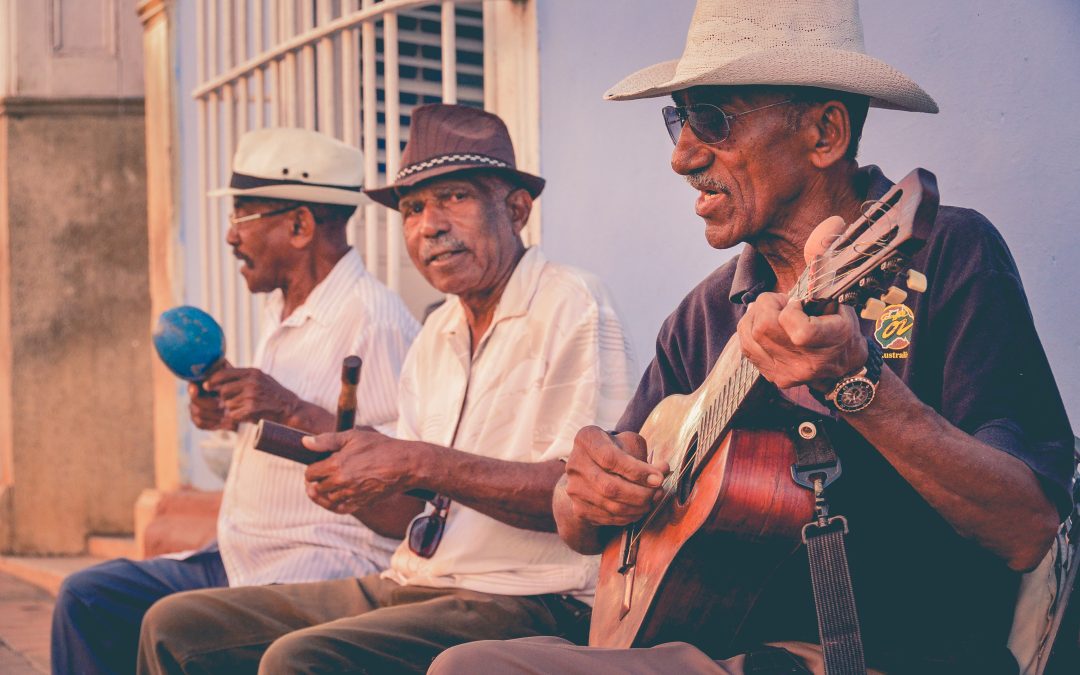Written by Dr. Ruth Warick and Dr. Kathy Pichora-Fuller.
Don’t let hearing loss limit you is the slogan for World Hearing Day on March 3rd. These are words to live by that Ruth Warick, President of the International Federation of Hard of Hearing People (IFHOH; www.ifhoh.org), takes to heart.
Most older adults will experience hearing problems sooner or later. About half of those who are 75 years of age have hearing loss. By 80 years of age, 80% have hearing loss. Like everyone else, people who are hard of hearing want to age well and achieve their hopes and dreams, interests and inclinations. They do not want to define the world by the limits of having a hearing loss, just as they do not want to be limited by age.
This year’s World Hearing Day theme sounds very much like a personal challenge. It is that, but it is also a societal challenge. Definitions of limitations are social constructs based on attitudes. Changing societal attitudes and norms about what is or is not acceptable based on a hearing disability/age will be crucial to creating a limitless world.
Great strides have been made in recent years to break down attitudinal barriers in some cultures. In Canada, Ruth’s home country, some high-profile champions have been changing the public mindset about disabilities, such as Rick Hansen who navigated the world in a wheelchair and then returned home to dedicate his life to improving accessibility. Similar attitudinal changes are reflected in legislative changes. In 2008, the Convention on the Rights of Persons with Disabilities came into force and it has been a game changer on the international level. Many countries have passed accessibility or disability-friendly legislation. Clearly, age-friendly communities need to be disability-friendly too.
Nevertheless, we know that we have not yet arrived at accessibility solutions in all aspects of our everyday lives. Some children with a hearing loss are kept home, away from school and community, because of the stigma their families attach to a hearing loss. Even in developing countries, many people go without hearing aids because they cannot afford them. But, buying a hearing aid is not like taking a pill that will cure a disease. Hearing aids and assistive technologies have advanced, but noisy communication environments can limit participation in many activities; for example, enjoying dinner in a restaurant with friends. Above and beyond technologies and environmental modifications, communication accessibility could be improved by increasing knowledge about how to optimize communication and by changing individual and social attitudes to be more positive. Better solutions are being sought internationally by dedicated IFHOH members and by researchers such as Kathy Pichora-Fuller, an audiologist and psychologist, who is currently the President of the International Collegium of Rehabilitative Audiology (ICRA; https://icra-audiology.org/). In Canada, Kathy helped write a position paper on rehabilitative audiology for Speech-Language & Audiology Canada (SAC; https://www.sac-oac.ca/sites/default/files/resources/audiologic_rehabilitation_statement_en.pdf).
Hearing loss is not just an ear problem. Not hearing well can make it more difficult for people to age well. Not hearing well can limit one’s ability to fully understand and benefit from communication about almost any health condition; for example, information discussed in a diabetes education class or a heart health rehabilitation program. Not hearing well can also take a toll on family members whose participation in activities can be limited by their loved ones’ hearing disability. Many older adults do not receive the health treatments they need because hearing loss is assumed to be an inevitable part of aging that cannot be changed. Many people do not know what help is available. Many people wait over a decade before they seek help. Stigma is one of the biggest barriers to getting help. But the good news is that there is help for hearing loss.
Not letting hearing loss limit oneself personally and in society is a process and it is much easier accomplished with the support of hard of hearing peer support networks and organizations dedicated to making the world a better one for hard of hearing persons. Ruth knows this from her involvement with hard of hearing networks in her community and country and on the international level, through IFHOH. Kathy and her national (SAC) and international (ICRA) colleagues are working on making hearing health part of healthy aging. In 2020, both Ruth and Kathy will retire from their paid employment, but as new ‘seniors’, both will continue to work to make the world more accessibility as they look forward to hearing well and aging well.
At the first meeting of the World Hearing Forum in Geneva in December 2019, Megan Acton from the International Federation on Ageing (IFA) got to learn more about hearing health and she connected with people who are hard of hearing such as Ruth and researchers and clinicians who are working on better hearing rehabilitation and accessibility solutions such as Kathy. 2020 is shaping up to be a great start to a new partnership that will advance aging well for the large number older adults who are hard of hearing and their families.
So, what are you doing on March 3?
Ruth and Kathy will be metaphorically shouting it from a rooftop: “Don’t let hearing loss limit you.”
For more information about World Hearing Day go to https://www.who.int/pbd/deafness/world-hearing-day/en/
About the Authors:
Dr. Ruth Warick
President, International Federation of Hard of Hearing People
Dr. Kathy Pichora-Fuller
President, International Collegium of Rehabilitative Audiology
Professor, Psychology, University of Toronto

